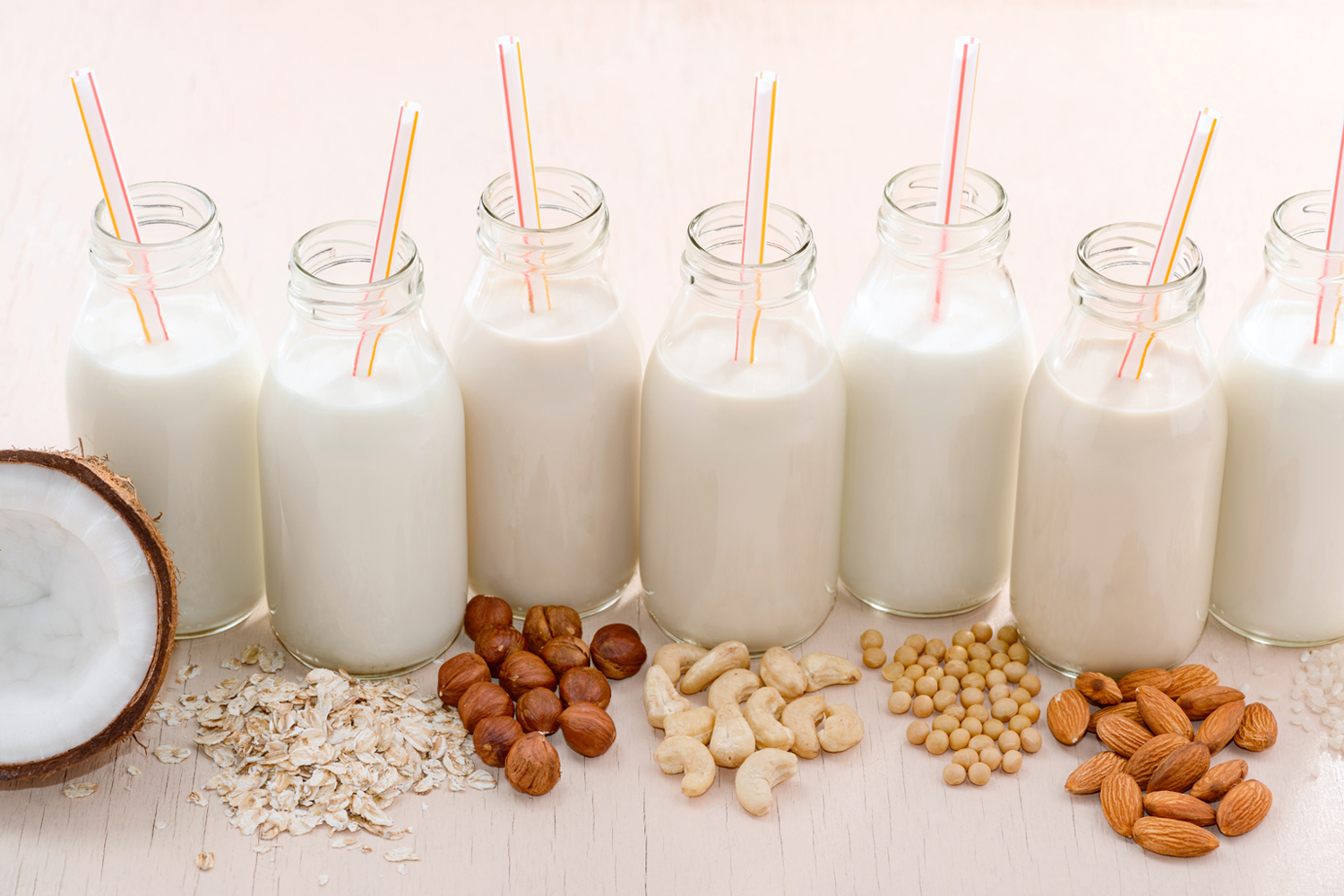CALCIUM-RICH FOODS are well-known for building stronger bones, but new research suggests they might also offer protection from colorectal cancer.
In a study published Jan. 8, 2025, in Nature Communications, more than 540,000 women in the U.K. completed a questionnaire about their food habits. Researchers then followed their health outcomes for an average of 16.6 years, during which 12,251 participants developed colorectal cancer. After analyzing 97 dietary factors to see if they were associated with the disease, researchers found a potential protective effect from calcium-rich foods. Specifically, people who each day consumed 300 milligrams of calcium more than those with the lowest calcium intake had a 17% lower risk of developing colorectal cancer. Three hundred milligrams of calcium can be found in approximately 8 ounces of regular milk or calcium-fortified plant milk.
Calcium from dairy foods and plant sources had a similar effect, suggesting calcium was primarily responsible for reducing the risk, says Keren Papier, a nutritional epidemiologist at the University of Oxford in the U.K. and the study’s lead author.
When buying nondairy milk, make sure to select drinks fortified with calcium.
Plant “milk” beverages, like almond, soy or oat milk, are popular nondairy milk substitutes, but they don’t naturally contain as much calcium as dairy milk. When choosing these drinks, check the nutrition facts and buy brands fortified with 250 to 300 milligrams of calcium per serving, advises oncology dietitian Wendy Kaplan.
Previous research has linked increased colorectal cancer risk to high concentrations of bile acids in the colon. Bile acids are digestive compounds that are made in the liver and excreted into the small intestine, where they are typically reabsorbed. However, up to 5% of bile acids reach the colon and can damage the lining of the large intestine, which can lead to cancer. “Calcium may protect against colorectal cancer by attaching to bile acids and free fatty acids in the colon, which helps reduce their cancer-causing potential,” Papier says.
Dairy and fortified nondairy milk are popular sources of calcium, but if you don’t like milk, oncology dietitian Wendy Kaplan recommends these other calcium-rich foods:
• Calcium-fortified orange juice
• Canned salmon with bones
• Calcium-fortified cereal
• Cooked leafy greens like collards or kale
• Calcium-fortified tofu
• Blackstrap molasses
“Most Americans do not meet calcium recommendations, which are 1,000 milligrams a day for ages 19 to 50 and 1,200 milligrams a day for individuals over 50,” says Wendy Kaplan, a board-certified oncology dietitian in New York who was not involved with the study. While there is some evidence calcium supplements are associated with reduced colorectal cancer risk, Kaplan recommends a food-first approach. “Unlike single nutrients, whole foods contain multiple health-promoting properties and compounds that work best together [for cancer protection],” she says.
Cancer Today magazine is free to cancer patients, survivors and caregivers who live in the U.S. Subscribe here to receive four issues per year.





